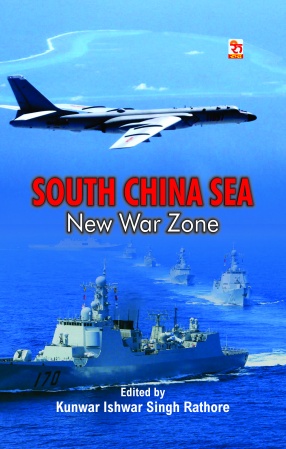Recent skirmishes in the South China Sea between the Indonesian navy and China’s coast guard have reinvigorated public interest towards the region. Some applauded Indonesia’s resolve in defending her rightful maritime territory. However, some are still left wondering over China’s motives in provoking such regional conflict-including with Vietnam, Malaysia and the Philippines. How can one explain why China risks a major war that could potentially drag the United States in for a bunch of uninhabited rocks? South China Sea Islands, collectively an archipelago, number in the hundreds. The sea and its mostly uninhabited islands are subject to competing claims of sovereignty by several countries. These claims are also reflected in the variety of names used for the islands and the sea. In pre-modern Asia, empires were characterized by undefined, unprotected, and often changing frontiers. The notion of suzerainty prevailed. Unlike a nation-state, the frontiers of Chinese empires were neither carefully drawn nor policed but were more like circles or zones, tapering off from the center of civilization to the undefined periphery of alien barbarians. More importantly, in its territorial disputes with neighboring India, Burma, and Vietnam, Beijing always took the position that its land boundaries were never defined, demarcated, and delimited. But now, when it comes to islands, shoals, and reefs in the South China Sea, Beijing claims otherwise. This book will definitely prove to be a boon to teachers, students and research scholars.
Major Operations of Great Indian Army
$68.40
$76.00






There are no reviews yet.